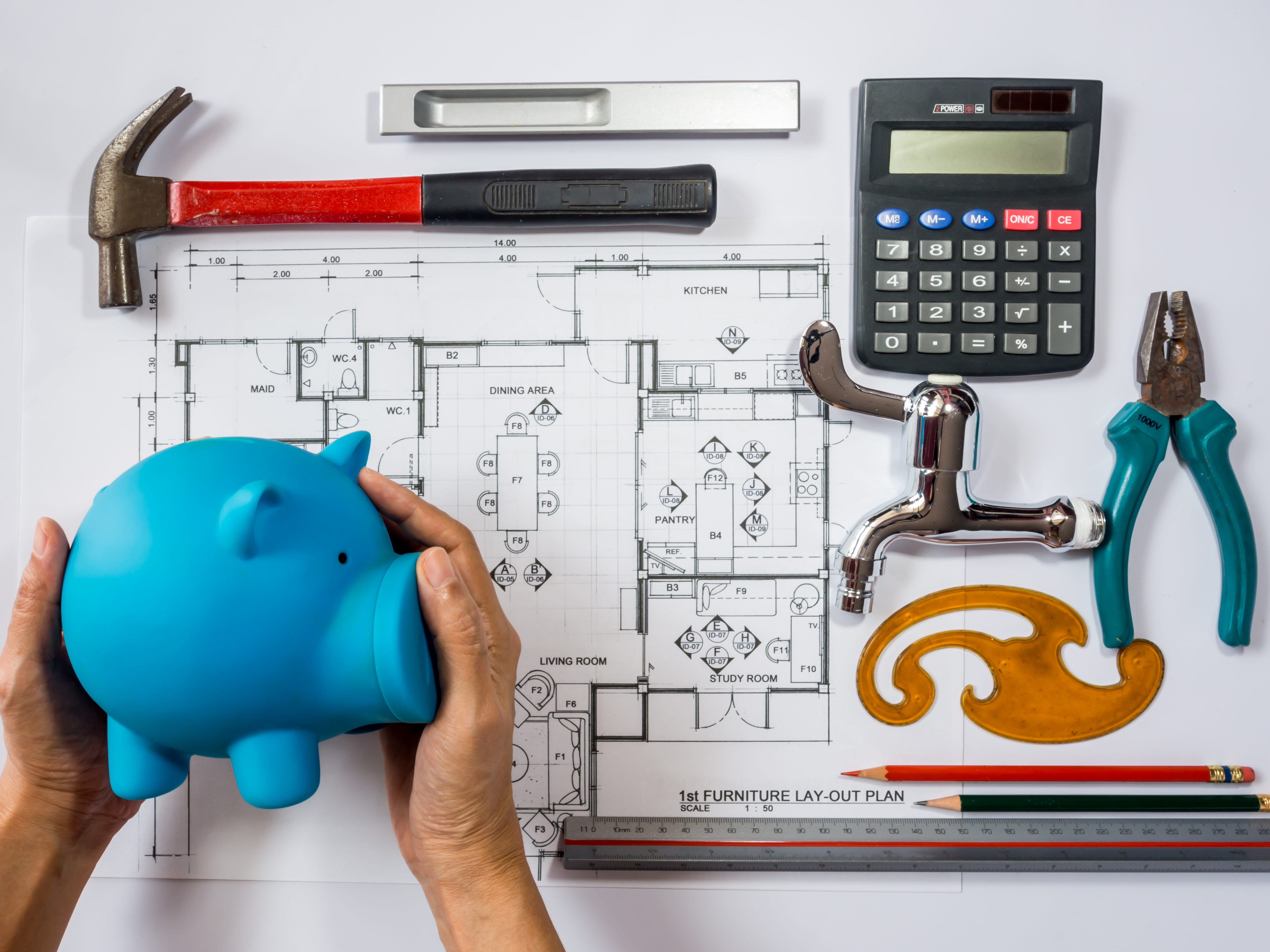A Home Equity Line of Credit is something a lot of people consider at some point. However,a lot of people have only limited understanding of what one actually is and why you should get one.
What is a Home Equity Line of Credit?
A Home Equity Line of Credit, or HELOC, is designed to give you immediate access to cash, namely in the equity you have built up in your home. A HELOC does not give you a lump sum, but rather the ability to draw on the line of credit for a period of time (usually ten years) up to a specified limit. What you choose to draw is then repaid over a longer period, usually twenty years. Like mortgages, HELOCs can have variable or fixed interest rates. There is generally a cancellation fee if you choose to open the line of credit and then not use it. It should not be confused with a home equity loan, which does give a lump sum that is then paid off over a set amount of time.
Why Get a HELOC?

The most common reasons for getting a HELOC is to finance major repairs or improvements to your home. However, immediate improvements such as a new deck might be better financed with a home equity loan. A HELOC is more useful if you know you will have a lot of repairs and expensive maintenance showing up, or to pay for a cluster of repairs. For example, if you know that over the next ten years you are going to want to replace your siding, repair your roof, get new windows and buy a new furnace, a line of credit makes sense.
Another reason is to take out the HELOC and then use it to pay principal on your mortgage.
HELOCs are generally not a good choice to pay for your kids' college education, your dream vacation, etc. It can end up being very easy to pile up more debt on the line of credit and then get a nasty surprise when the draw period ends and you have to start paying it back.
How Much Can a HELOC Save You?
If you us a line of credit to pay down the principal on your mortgage, you can significantly reduce both your interest rates and your payment time. Obviously, you need to do the math on this. You can also use a line of credit to pay off other high interest debt. This might include your car loan and credit card debt. (Again, it is not a good idea to use the line of credit to buy expensive, short term things you cannot afford without it).
The point here is to reduce your interest. Some people go as far as to using the line of credit instead of their checking account, which allows all of their savings to go towards paying it off. However, this is something to be careful of - if you start spending more than you make, you can get underwater very quickly.
And, of course, a home equity line of credit only benefits you if you have significant free equity.
What are the Major Benefits?

The major benefit of a home equity line of credit is that the interest tends to be lower than other loans. This is why consolidating other debt into the line of credit is a good idea.
A home equity line of credit is a great idea if you are not sure exactly how much money you need to borrow. You can set the limit to the worst case scenario, but only borrow what you actually spend. As many banks allow you to spend money directly from the line of credit, you can essentially use it as another credit card with lower interest. With a home equity loan, you get the full amount and then you have to pay it all back.
Also, if you are dealing with a series of expenses, you can pay down the line of credit and then borrow from it again. There are some other benefits:
- You don't have to pay off the principal if you are broke that month. Of course, you have to be careful not to let that carry on too long.
- Again, you can pay down the debt and then borrow again until the end of the draw period.
- The interest you pay on a HELOC up to a certain amount is tax deductible, unlike credit cards.
- Getting a high limit and then not spending much of it can improve your credit card.
- You can access the funds in the HELOC at will.
What are the Potential Problems?
First of all, the biggest problem is that for some people, revolving debt is a major challenge to their discipline. If you have a tendency to max your credit cards, then a home equity line of credit is a bad idea. You are better off consolidating into a lower interest home equity loan instead.
Second of all, the obvious issue with a line of credit or a home equity loan is you increase your risk of foreclosure. The more you have borrowed against your house, the higher the risk of losing it.
Third of all, in some cases, HELOCs might be reduced or frozen if, for example, property values in your area slump. Most HELOCs also have variable interest rates, which can make it harder to budger for the pay back period. Some have a balloon payment, meaning that when you hit the end of the pay back period, you have to repay everything. This is even more likely if you hit a financial bind and pay only interest for a while.
As with any other loan, make sure you understand the terms before you sign anything. Be particularly sure to ask about interest rates and how the loan terms might be affected if your home loses value, if you have a credit problem (which can include indentity theft), or if you are unable to pay down the principal for a while.
